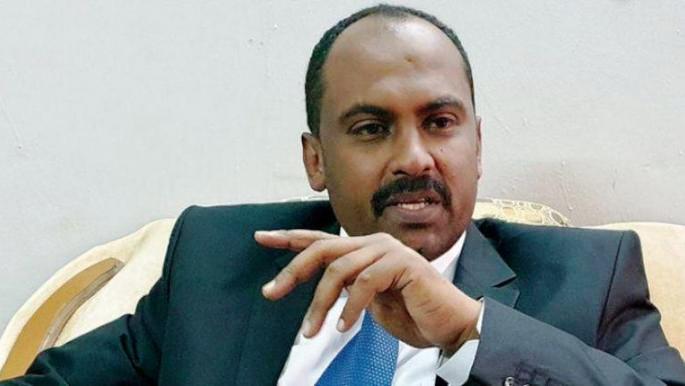FFC leading member calls to form civilian government in Sudan
February 27, 2023 (KHARTOUM)- A former member of the Sovereign Council and leading figure in the Forces for Freedom and Change (FFC) on Monday said that they look forward to naming the head of state and prime minister as soon as possible, ahead of the formation of the new transitional government.
The FFC leaders expressed their fear that the Sudanese army leadership might disavow the framework agreement after repeated statements against the Rapid Support Forces (RSF) as a result of his calls to implement the political deal.
“We are looking forward, in the first stage, to appointing the head of state and the prime minister, and then starting broad consultations to form the government,” Mohamed al-Faki told reporters in a social media forum.
Al-Faki pointed out that the political forces, trade unions, and Resistance Committees have to hold consultations to choose who will occupy the two positions, within a period not exceeding four weeks.
He stressed that the armed groups, signatories to the Juba peace agreement are considered political parties.
“We are now talking about a government of qualified independent personalities, not political officials,” he said.
“The armed groups will participate in the selection of a technical government, as the share of power mentioned in the peace agreement was given to the regions and not to them or to individuals,” he further stressed referring to the 25% power sharing portion given to the signatories of the peace agreement.
It is worth mentioning that the Justice and Equality Movement and Sudan Liberation Movement refuse to join the framework agreement and call to maintain the amended 2019 constitutional declaration because it gives to the armed groups the 25% of the government seats.
The framework agreement granted the power to appoint the head of state and prime minister to the revolution’s forces, which include the FFC, the Resistance Committees and the signatories of the Juba peace agreement.
The deal provides the signing of a final agreement after holding conferences on five sticky issues. Until now, the parties concluded three workshops: dismantling the structure of the former regime, evaluating the peace agreement and the crisis in eastern Sudan. Two other conferences on justice and reform of the security sector are expected to be held in the coming days.
Calls to conclude the political process
For his part, the Secretary-General of the National Umma Party and FFC figure Alwathiq Albreir, called on Monday for completing the political process as soon as possible. He warned that the rift between the leaders of the military component aims to undermine the framework agreement.
The head of the Sovereign Council and two other generals, members of the collegial presidency, repeated calls to integrate the RSF into the national army following ‘undisciplined statements’ by its commander to implement the deal without adding new parties.
The deputy head of the Sovereign Council and head of the paramilitary force is not supportive of the position of the army leaders calling to open the agreement for more political groups.
“We warn against attempts to mislead and drive a wedge between some parties by publishing false news (…) in order to collapse the framework agreement and obstruct the desired political solution,” he said.
The framework agreement provides that the Rapid Support Forces and the fighters of the armed movements that signed the peace agreement must be integrated into the army before the end of the transitional period.
Speaking about the ongoing rift, between the army and RSF leaders over the framework agreement, Al-Faki said that the former regime is betting on this confrontation because they believe that restoring the civil government will pose a threat to their political future.
“They believe that power will be in their hands if a confrontation takes place between the army and the Rapid Support Forces because they possess military and security militias, funds, and an estimated presence in the state apparatus,” said al-Faki who was also the deputy head of a committee to dismantle the former regime.
(ST)

